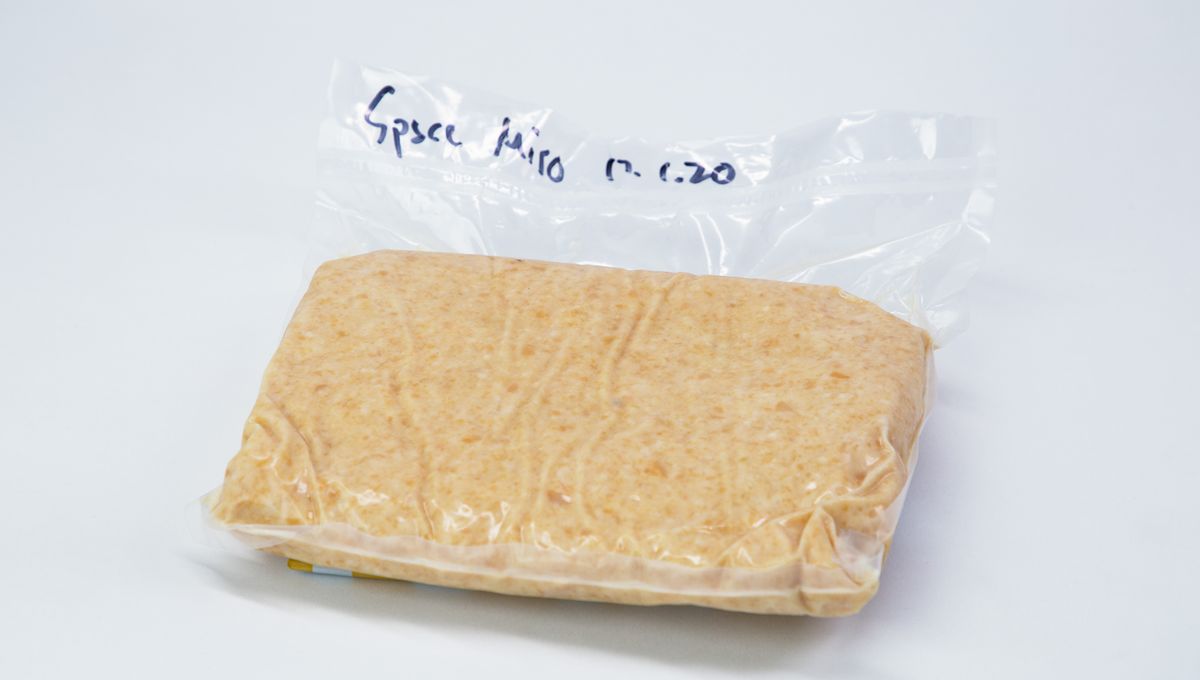
Being in space impacts lifeforms that evolved on Earth. This is true for the many changes (some disgusting) to the human body, but it is also true for microorganisms – from those living in, on, and around us, to the ones we employ in our food. Miso is a fermented soybean paste and scientists have now made it on the International Space Station (ISS).
In March 2020, researchers sent a small container with “miso-to-be” to the ISS. It stayed there for 30 days, fermenting and turning into miso. Two control miso batches were fermented on Earth: one in Cambridge, MA, and the other in Copenhagen, Denmark. The space miso was similar in smell and taste to the two on Earth but it had a nuttier, more roasted flavor.
“There are some features of the space environment in low Earth orbit – in particular microgravity and increased radiation – that could have impacts on how microbes grow and metabolize and thus how fermentation works,” co-lead author Joshua D. Evans of the Technical University of Denmark, said in a statement. “We wanted to explore the effects of these conditions.”
Comparing the Earth miso with the space miso, the team found differences beyond the flavor. Analyzing the microbial communities, it became clear that while fermentation is possible in space there are differences in which microbes thrive, and that might affect not only the production of future food products but also our health.
“Fermentation [on the ISS] illustrates how a living system at the microbial scale can thrive through the diversity of its microbial community, emphasizing the potential for life to exist in space,” explained co-lead author Maggie Coblentz of the Massachusetts Institute of Technology. “While the ISS is often seen as a sterile environment, our research shows that microbes and non-human life have agency in space, raising significant bioethical questions about removing plants and microbes from their home planet and introducing them to extraterrestrial environments.”
Different research has shown that the ISS is now home to microbes that have diverged from their Earthly counterparts. The ISS is resupplied regularly, but if humanity’s presence in space continues to expand, food production and preparation will become increasingly important. This experiment is a start on what’s possible but it sits within a much larger conversation.
“We’ve used something as fundamental as food as a starting point to spark conversations about social structures in space and the value of domestic roles within scientific and engineering fields,” Coblentz stated.
“The way we design systems in space sends a powerful message about who belongs there, who is invited, and how those people will experience space.”
The study is published in the journal iScience.
Source Link: Scientists Fermented Miso In Space – It Ended Up Tasting Different To That On Earth